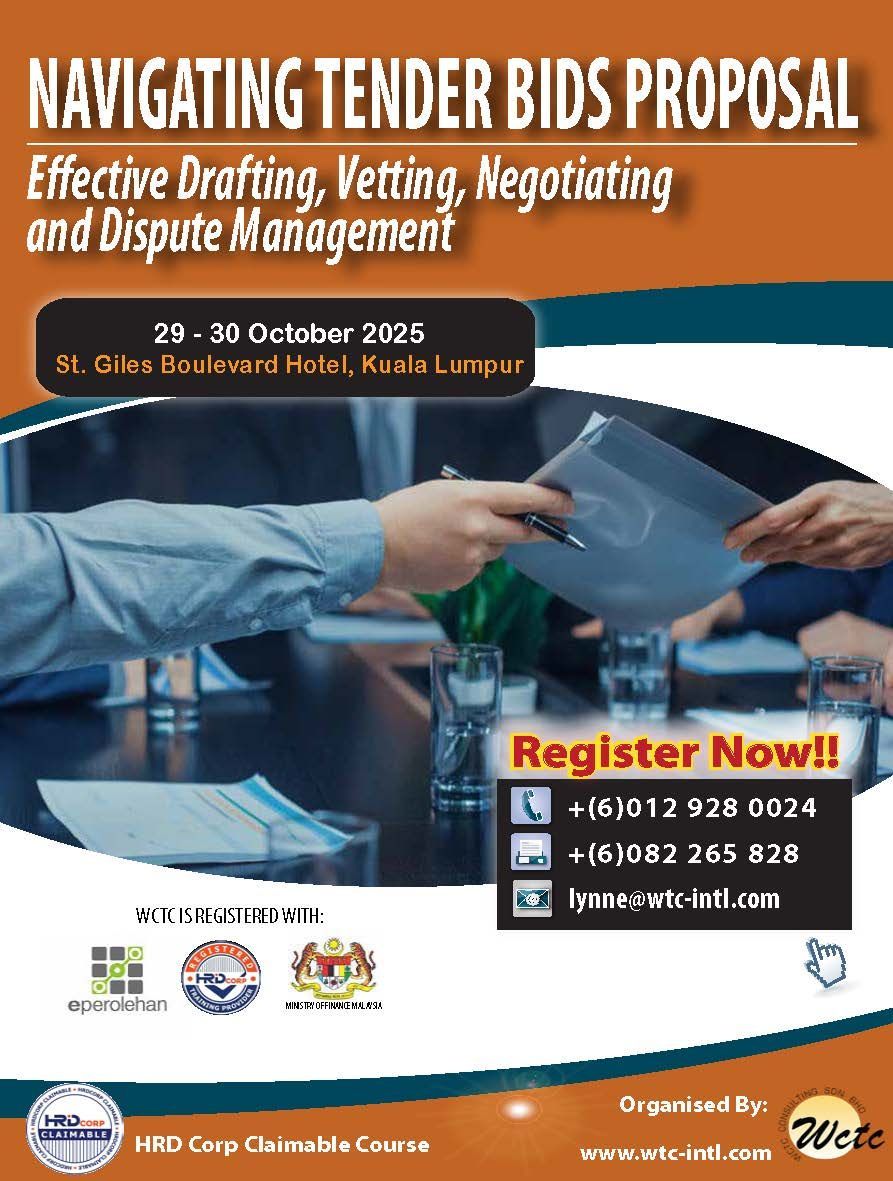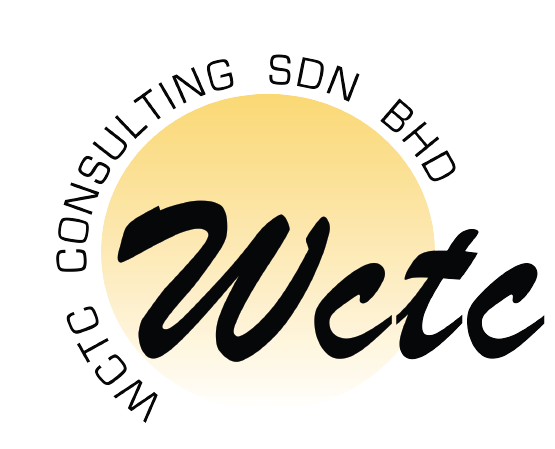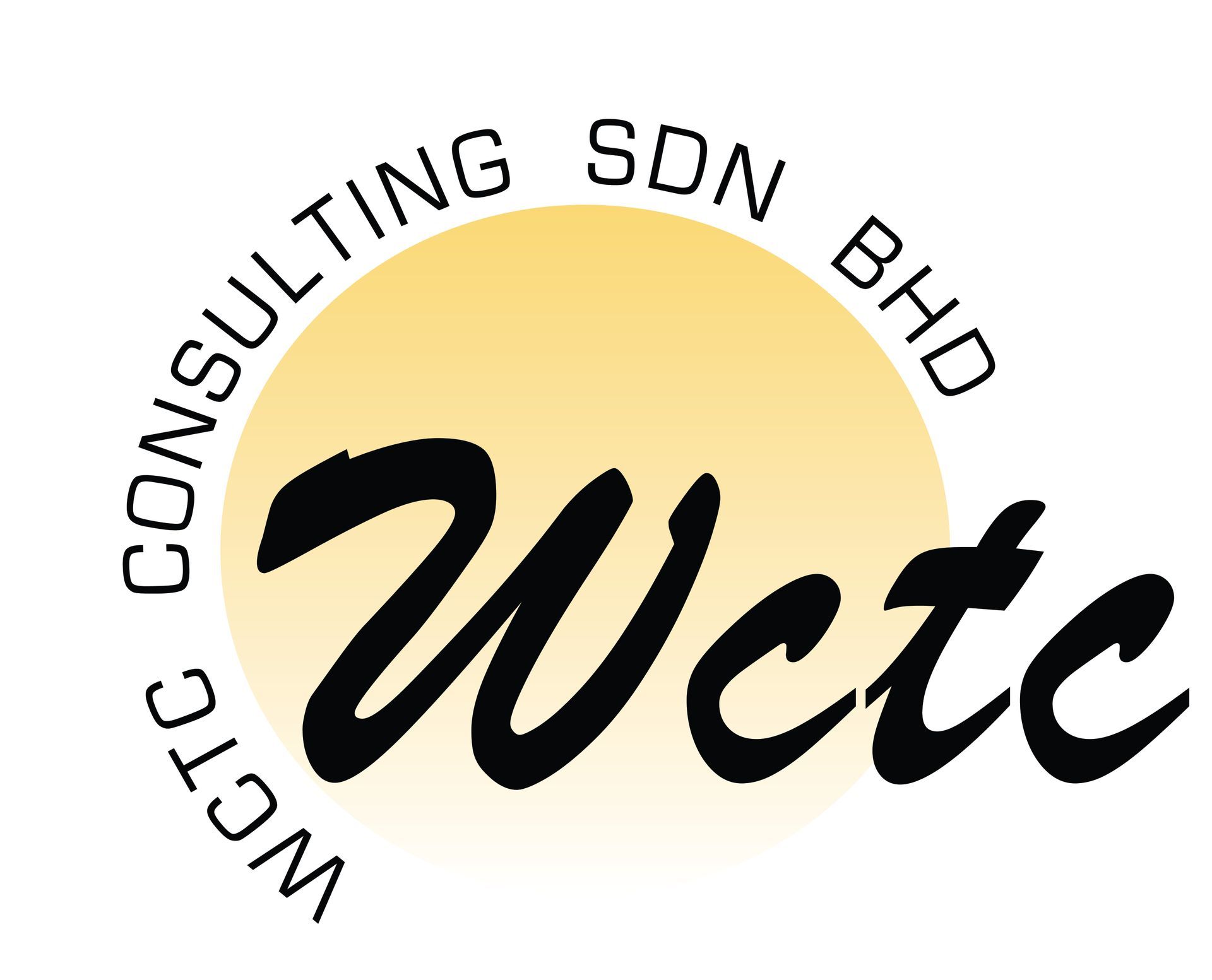OVERVIEW
Lack of knowledge in tendering processes, contract negotiation, and dispute management exposes legal professionals to considerable risks.
Non-compliance with legal and procedural requirements can result in costly errors and penalties. Poorly drafted contracts may lead to disputes or unenforceable terms, resulting in financial losses and increased legal liabilities. Additionally, ineffective dispute resolution can damage business relationships and hinder successful outcomes. Comprehensive understanding in these areas is crucial to mitigate risks and ensure effective contract management and dispute resolution.
This comprehensive two-day training is designed specifically for professionals engaged in tendering, contract negotiation, and dispute management within the Malaysian business environment. Participants will gain a deep understanding of the entire tender lifecycle, from pre-tender stages to post-award procedures. The training will provide a detailed walk-through of pre-tender, tendering, and award stages, highlighting legal obligations, liabilities, risks, and implications. Attendees will receive practical insights into best practices, tools, and proven strategies for managing tenders and bids, including drafting and vetting procurement agreements, negotiating tender contracts and recognizing critical legal clauses.
The course covers both public and private sector considerations, addressing dispute management, mediation and arbitration processes. Additionally, it will explore e-tendering, bid rigging and legal implications within the Malaysian context, supported by real-life case studies.
5 REASONS PROCUREMENT, CONTRACT & LEGAL PROFESSIONALS SHOULD ATTEND:
Non-compliance: Failing to adhere to legal and procedural requirements.
Inaccurate Contracts: Poorly drafted agreements leading to disputes or unenforceable terms.
Financial Losses: Costly errors in bid evaluation and contract management.
Legal Liabilities: Increased risk of litigation and penalties.
Ineffective Dispute Resolution: Inability to manage conflicts effciently, impacting business relationships and outcomes.
JOIN US for an unparalleled opportunity to master the intricacies of tendering, contract negotiation, and dispute management. Elevate your expertise with cutting-edge insights and practical strategies that will set you apart in the competitive legal landscape.
BENEFITS FROM ATTENDING
- EXAMINE pre-tender, tendering procedures, and award stages
- IDENTIFY the legal responsibilities of both tenderers and bidders
- APPLY best practices, tools and proven strategies for effective tender and bid management
- UNDERSTAND legal obligations, liabilities, risks associated with tendering processes
- INTERPRET critical legal clauses, including mediation and arbitration processes
- ENHANCE skills in drafting and structuring technical bid documentation
- DEVELOP competencies in drafting specifications for requests for tender (RFT)
- ANALYZE e-tendering practices and bid rigging through real-life case studies
- COMPREHEND both practical and legal dimensions of tendering processes

Other Workshops:




